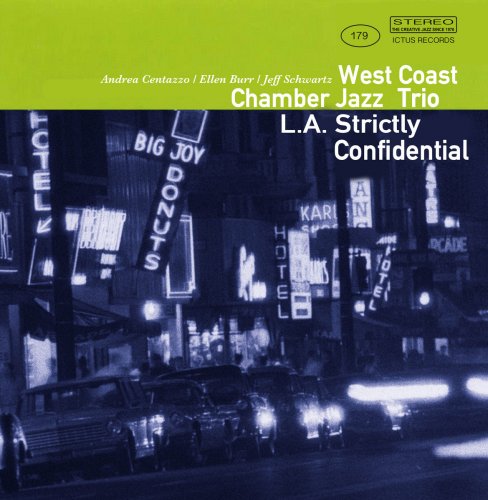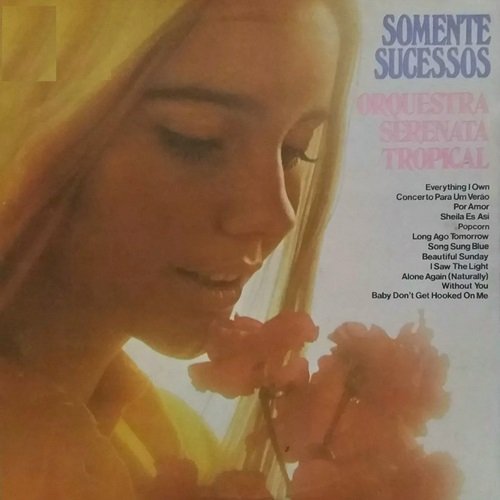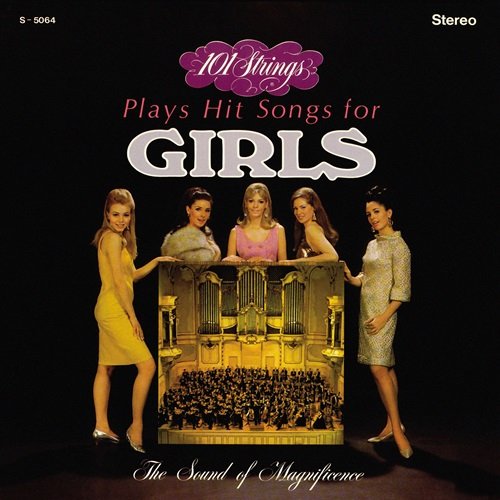Choir of Gonville and Caius College, Cambridge & Geoffrey Webber - Leonardo Leo: Sacred Vocal Music (2001)
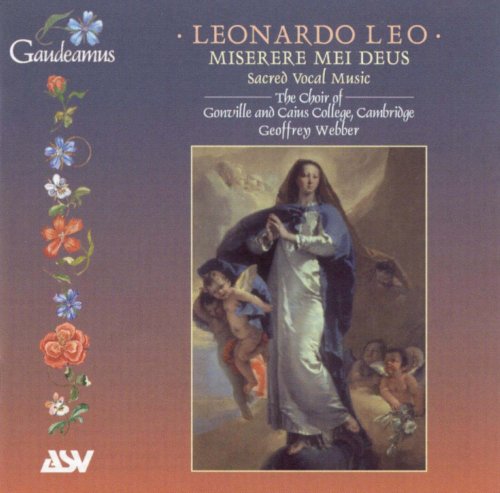
Artist: Choir of Gonville and Caius College, Cambridge, Geoffrey Webber
Title: Leonardo Leo: Sacred Vocal Music
Year Of Release: 2001
Label: Gaudeamus
Genre: Classical
Quality: APE (image + .cue, log, artwork)
Total Time: 74:08 min
Total Size: 294 MB
WebSite: Album Preview
Tracklist:Title: Leonardo Leo: Sacred Vocal Music
Year Of Release: 2001
Label: Gaudeamus
Genre: Classical
Quality: APE (image + .cue, log, artwork)
Total Time: 74:08 min
Total Size: 294 MB
WebSite: Album Preview
01. Miserere Mei Deus : Concertato a Due Chori
02. Verse (I) and Canzona in G Minor - Organ Solo (D. Zipoli)
03. Judica me Deus ( Introit)
04. Eripe me, Domine (Gradual)
05. Hoc Corpus, Quod Pro Vobis Tradetur (Communion)
06. Praebe Virgo, Aria : Praebe Virgo; Recit.: In tot Undique Malis
07. Aria: Te Mihi Dante Vires; Recit.; Salve, o Regina Mundi
08. All' Offertorio - Organ Solo (D. Zipoli)
09. Reminiscere Miserationum Tuarum (Introit)
10. Tribulationis Cordis Mei (Gradual)
11. Intellege Clamorem Meum (Communion)
12. Verse (I) and Canzona in E Minor - Organ Solo (D.Zipoli)
13. Kyrie (from Mass in C)
14. Christus Factus Est Pro Nobis
15. Heu Nos Miseros (Leo/Giuseppe Corsi)
Serious and comic opera, sacred music, and teaching were among Neapolitan composer Leonardo Leo's concerns during his 50-year-long life (1694-1744). His setting of the Miserere mei Deus, a famous Psalm-text most widely-known today in the version by Allegri, is usually cited by musicologists as his masterpiece--and indeed, even such eminent composers as Verdi and Wagner expressed great admiration for it. Certainly, on comparison with the Allegri setting so often recorded these days, it stands as equally affecting in its expression of text and mood if totally lacking the Allegri's showbiz treats, namely all the ornaments and high-Cs. Nevertheless, Leo knows how to construct a big, powerful, monumental musical structure using "older" forms and adopting a sturdy, flowing polyphonic style alternating with lovely plainsong lines (with continuo accompaniment) and occasional homophonic sections.
As a good opera composer, Leo appreciates the value of keeping things alive and moving, and he constantly varies textures and saves the use of the double-choir's full eight parts for special moments. The Choir of Gonville and Caius is well-suited for music that requires both full-bodied sound and clearly stated inner lines. The mixed ensemble, with female sopranos and altos, has a fine across-the-board balance with clean articulation and a marvelous legato. Naturally, the engineers have a substantial hand in giving us the detail and for making sure that balances are true and the acoustic setting is favorable.
The program's other selections include works such as Praebe Virgo, a motet for solo soprano and organ obbligato that sounds as if from a stylistic era completely different from the Miserere. While the latter work is deeply rooted in the late-16th/early 17th century, this motet is clearly of the "classical" persuasion, more aligned with Haydn than Palestrina. Soprano Angharad Gruffydd Jones (a name that itself deserves a separate track!) sings beautifully, her warm, vibrant voice perfectly illustrating the Marian text: "When you grant me strength, dangers and threats turn to nought. . ."
However, the best music is that written in the older style, from the Miserere to the Lenten introit Reminiscere miserationum tuarum. Again, this choir seems to revel in Leo's rich textures, delightfully singable lines, and ingratiating harmonies. This disc provides a good, thorough introduction to the work of an unfairly neglected composer--complete with informative, authoritative liner notes. Unfortunately, the Miserere is presented on only one 20-minute-long track instead of offering separate access to individual verses. Oh well, you can't have everything! -- David Vernier, ClassicsToday.com
As a good opera composer, Leo appreciates the value of keeping things alive and moving, and he constantly varies textures and saves the use of the double-choir's full eight parts for special moments. The Choir of Gonville and Caius is well-suited for music that requires both full-bodied sound and clearly stated inner lines. The mixed ensemble, with female sopranos and altos, has a fine across-the-board balance with clean articulation and a marvelous legato. Naturally, the engineers have a substantial hand in giving us the detail and for making sure that balances are true and the acoustic setting is favorable.
The program's other selections include works such as Praebe Virgo, a motet for solo soprano and organ obbligato that sounds as if from a stylistic era completely different from the Miserere. While the latter work is deeply rooted in the late-16th/early 17th century, this motet is clearly of the "classical" persuasion, more aligned with Haydn than Palestrina. Soprano Angharad Gruffydd Jones (a name that itself deserves a separate track!) sings beautifully, her warm, vibrant voice perfectly illustrating the Marian text: "When you grant me strength, dangers and threats turn to nought. . ."
However, the best music is that written in the older style, from the Miserere to the Lenten introit Reminiscere miserationum tuarum. Again, this choir seems to revel in Leo's rich textures, delightfully singable lines, and ingratiating harmonies. This disc provides a good, thorough introduction to the work of an unfairly neglected composer--complete with informative, authoritative liner notes. Unfortunately, the Miserere is presented on only one 20-minute-long track instead of offering separate access to individual verses. Oh well, you can't have everything! -- David Vernier, ClassicsToday.com

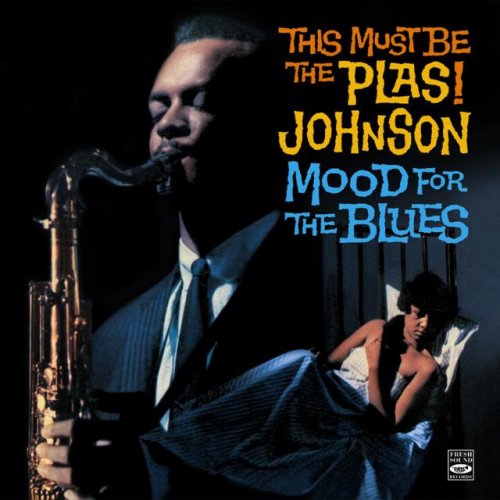

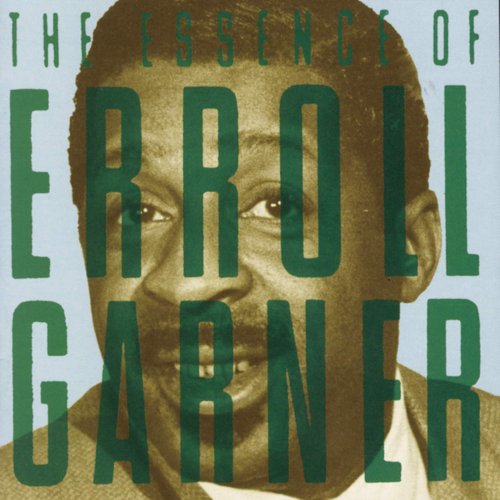
![Wilbur "Bad" Bascomb, Bernard "Pretty" Purdie - The Electric Bass Sessions - Pretty Bad Breaks Volume 1 (1992) [Hi-Res] Wilbur "Bad" Bascomb, Bernard "Pretty" Purdie - The Electric Bass Sessions - Pretty Bad Breaks Volume 1 (1992) [Hi-Res]](https://img.israbox.com/img/2026-01/20/gv9t6qrqztbpkdy0d6lpdor6s.jpg)
